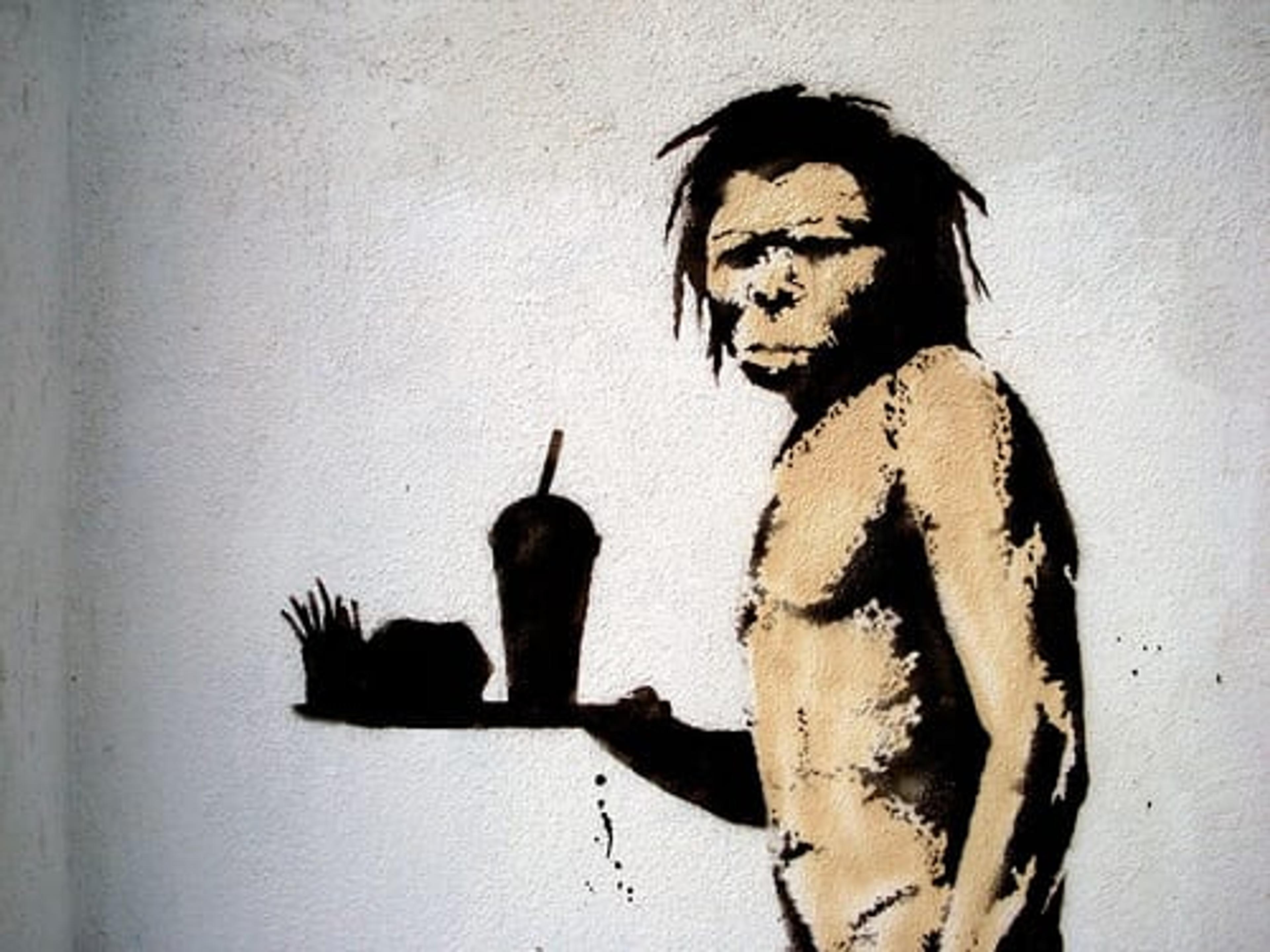The proof is in the…Paleo?

Kristin Coppens
| 3 min read

In our society, different diet fads and nutrition plans pop-up and fade-away as fast as the seasons sometimes. It can be easy to be confused by the marketing, rather than understanding what plans are truly beneficial to a healthy lifestyle. Gathering quite the attention, the Paleo (or Caveman) diet is gaining popularity. Nonetheless, the diet itself is not quite as simple as its proponents argue it to be.
The Paleo diet arises from the notion that our bodies are genetically programmed to eat the way the cavemen ate, prior to the agricultural revolution. Eating Paleo means a diet plan based on eating plants and wild animals. In other words, today it would be eating meat, fish, shellfish, eggs, tree nuts, vegetables, roots, fruits, and berries. The argument is that our bodies are not made to process the agricultural advancements within our Western society.
Supporters also point out that the Paleo diet provides a number of health benefits. A Paleo diet can help lower the risk of cardiovascular disease, blood pressure, inflammation markers, weight loss, a reduction in acne, and a promotion in optimal health and performance. Such is true in that a diet that is rich in lean protein and plant foods contains fiber, protein, and fluids necessary for satiation, blood sugar control, and weight control.
Here’s where the issue comes to fruition. A Paleo diet is generally beneficial in theory. However, due to our Westernized society and growth, the reality is that the Paleo diet is not quite conducive or sustainable to living the proper healthy lifestyle today.
Generally speaking, the Paleo diet is almost impossible to properly follow today because of the following: “wild game is not readily available, modern plant food is cultivated instead of wild, and meats are domesticated.” The Paleo diet is not sustainable because not only is it costly, but also very strict.
Explains registered dietitian and spokesperson for the Academy of Nutrition and Dietetics, Joy Dubost, “[The Paleo diet] has eliminated several food groups like dairy and grains, which provide essential nutrients, such as calcium, vitamin D, magnesium and phosphorus in dairy and B vitamins, fiber and antioxidants in grains, and protein with little fat and low calories in legumes.”
Experts suggest an individual interested in the Paleo diet attempt to follow the plan at a maximum of 80 percent. This allows the individual to keep the notion of clean eating, but also allows for consumption of low-fat dairy, legumes, and whole grains (all of which are not permitted on a strict Paleo diet).
Additionally, and possibly the top contending fact of proof, the Paleo diet has little to no real scientific research behind it. In fact, the diet actually eliminates the foods that do have research behind them, like grains, beans, and dairy.
Have you tried the Paleo diet?
Photo credit: LordJim





